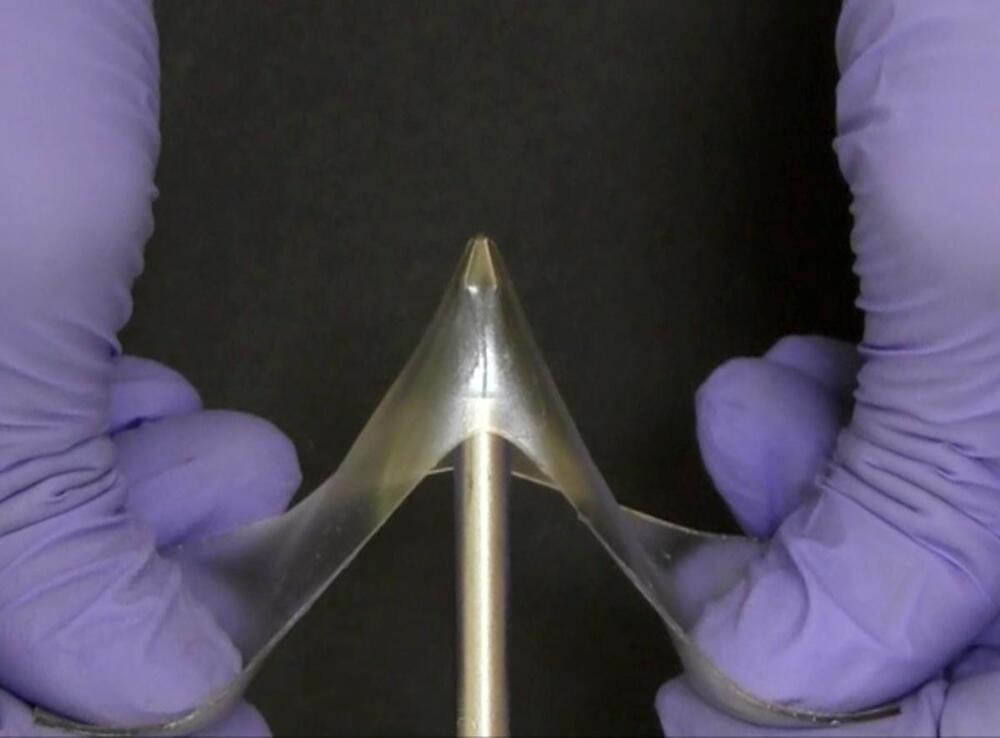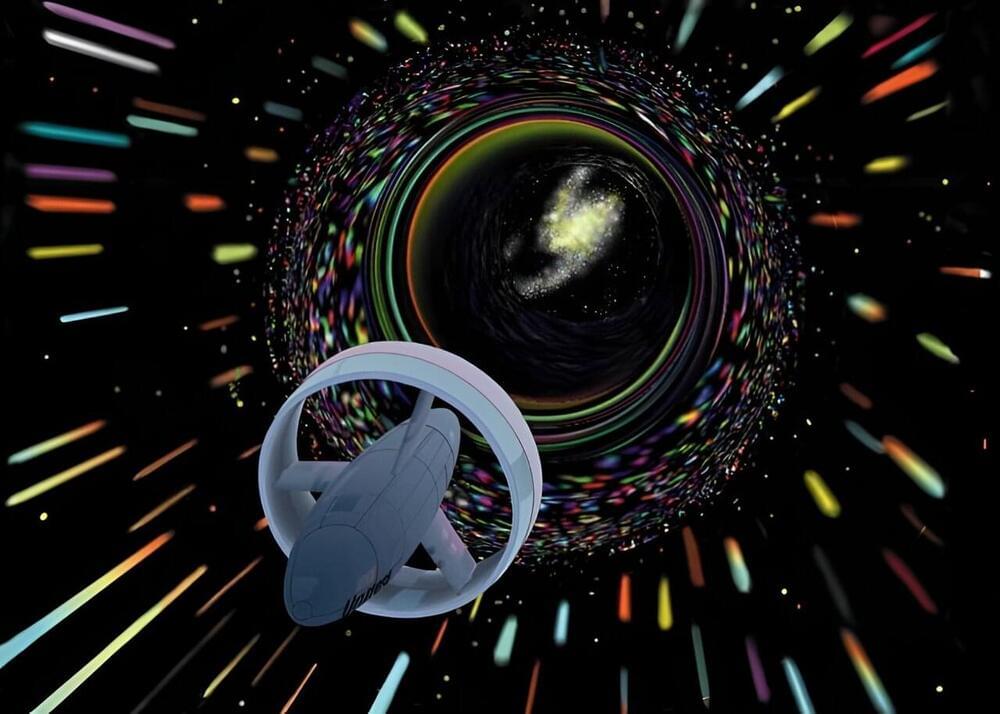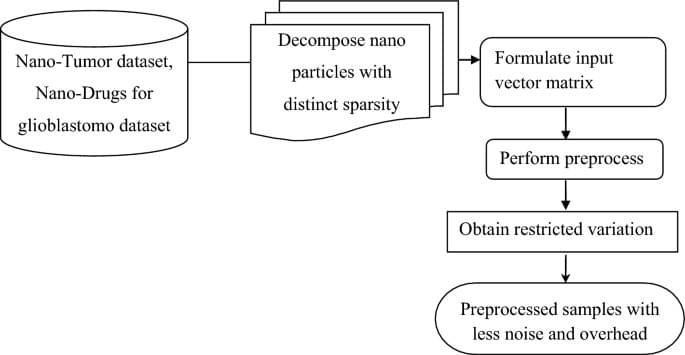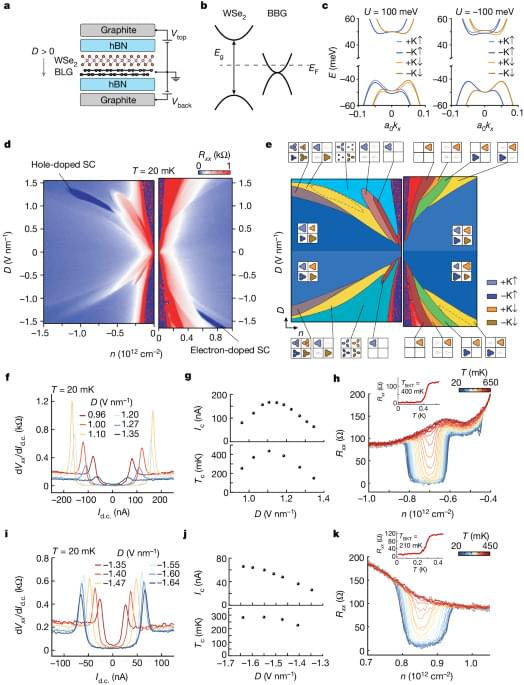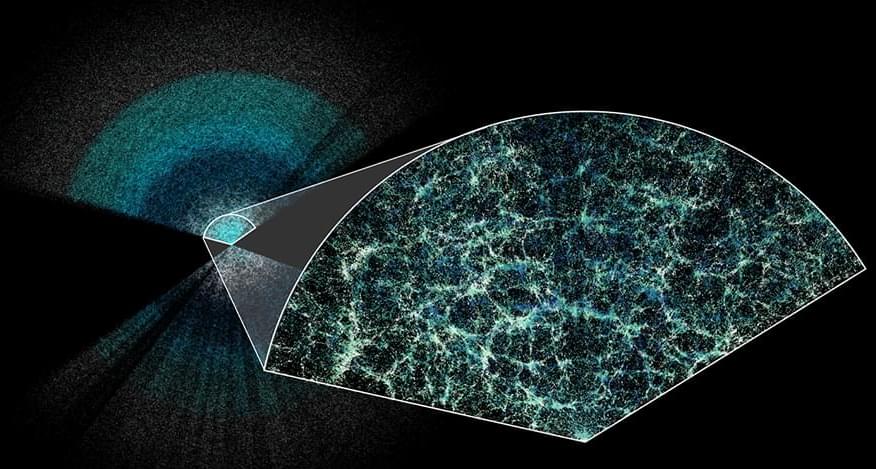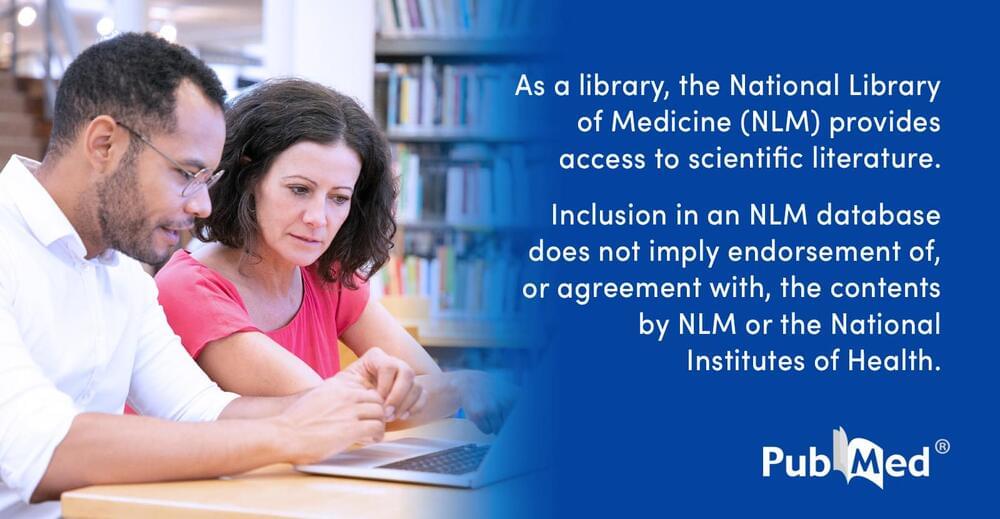
As information technology is moving toward the era of big data, the traditional Von-Neumann architecture shows limitations in performance. The field of computing has already struggled with the latency and bandwidth required to access memory (“the memory wall”) and energy dissipation (“the power wall”). These challenging issues, such as “the memory bottleneck,” call for significant research investments to develop a new architecture for the next generation of computing systems. Brain-inspired computing is a new computing architecture providing a method of high energy efficiency and high real-time performance for artificial intelligence computing. Brain-inspired neural network system is based on neuron and synapse. The memristive device has been proposed as an artificial synapse for creating neuromorphic computer applications. In this study, post-silicon nano-electronic device and its application in brain-inspired chips are surveyed. First, we introduce the development of neural networks and review the current typical brain-inspired chips, including brain-inspired chips dominated by analog circuit and brain-inspired chips of the full-digital circuit, leading to the design of brain-inspired chips based on post-silicon nano-electronic device. Then, through the analysis of N kinds of post-silicon nano-electronic devices, the research progress of constructing brain-inspired chips using post-silicon nano-electronic device is expounded. Lastly, the future of building brain-inspired chips based on post-silicon nano-electronic device has been prospected.
Keywords: brain-inspired chips; neuron; phase change memory; post-silicon nano-electronic device; resistive memory; synapse.
Copyright © 2022 Lv, Chen, Wang, Li, Xie and Song.
